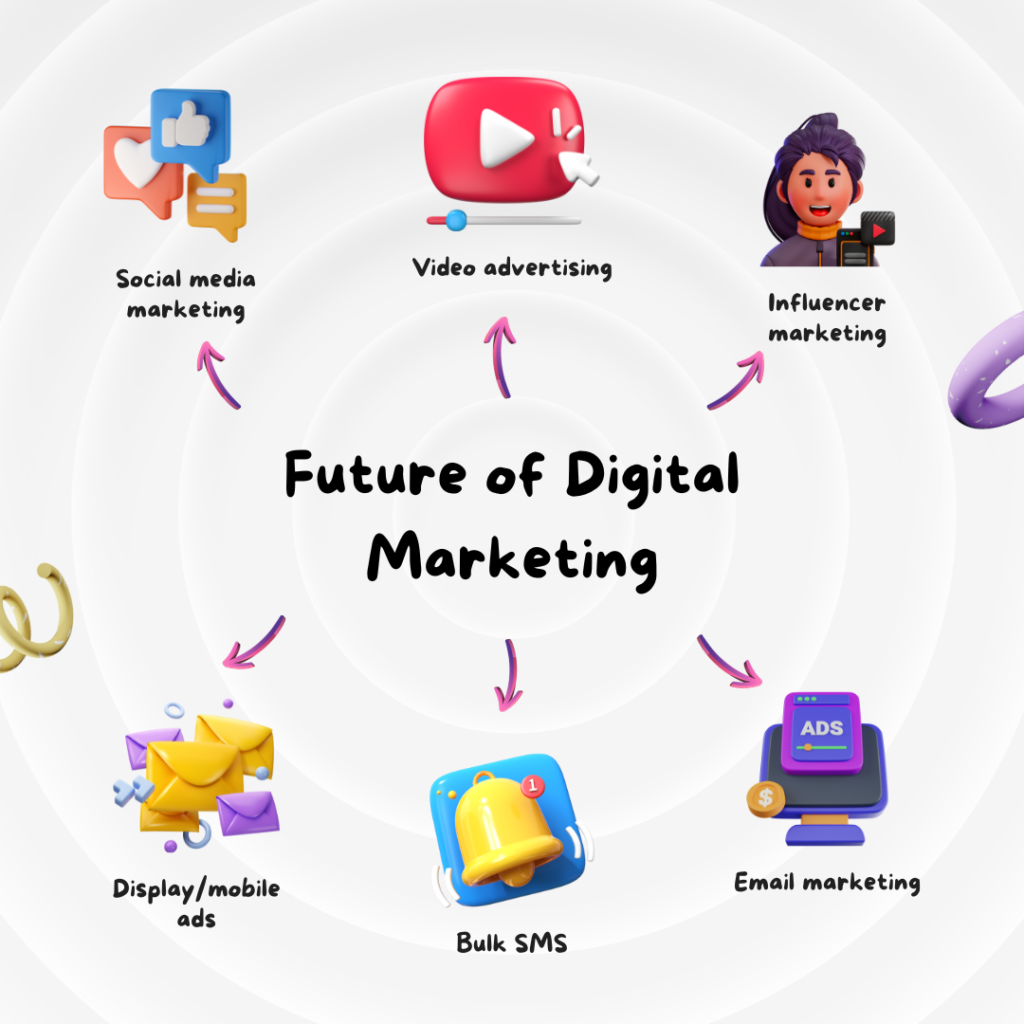
In today’s digital age, social media has become an integral part of our daily lives. We use platforms like Facebook, Instagram, Twitter, and LinkedIn to connect with friends and family, share our experiences, and stay updated on current events. However, social media is not just about personal interactions anymore. It has also evolved into a powerful tool for businesses to reach and engage with their target audience. This phenomenon is known as social media marketing.
What is Social Media Marketing?
Social media marketing is the practice of using social media platforms to promote products, services, or brands to a specific audience. It involves creating and sharing content that resonates with your target audience, building a community of followers, and ultimately driving desired actions, such as website visits, sales, or brand awareness.
The key components of social media marketing include:
1. Content Creation
Compelling and relevant content is at the heart of social media marketing. Businesses create a variety of content types, including text posts, images, videos, infographics, and more, to engage their audience. The goal is to provide value, entertain, inform, or inspire your followers.
2. Audience Engagement
Interacting with your audience is crucial for building a strong social media presence. Responding to comments, messages, and mentions shows that you value your followers’ input and helps foster a sense of community around your brand.
3. Social Media Advertising
Many social media platforms offer advertising options that allow businesses to reach a larger and more targeted audience. These paid ads can be highly effective in driving specific objectives, such as lead generation or e-commerce sales.
4. Analytics and Insights
To measure the success of your social media marketing efforts, it’s essential to track key performance metrics. Analytics tools provided by social platforms help you understand your audience’s behavior, engagement levels, and the impact of your content.
Benefits of Social Media Marketing
Social media marketing offers several advantages to businesses, including:
1. Increased Brand Awareness
By regularly sharing content and engaging with your audience, you can raise awareness about your brand and make it more recognizable.
2. Targeted Marketing
Social media platforms provide advanced targeting options, allowing you to reach a specific demographic, location, or interest group.
3. Cost-Effective Advertising
Compared to traditional advertising methods, social media advertising can be more cost-effective, making it accessible to businesses of all sizes.
4. Enhanced Customer Engagement
Social media provides a direct line of communication between businesses and their customers, allowing for real-time interactions and feedback.
5. Improved Website Traffic and Conversions
Sharing valuable content on social media can drive traffic to your website, where visitors can learn more about your products or services and potentially make a purchase.
Social Media Platforms for Marketing
Different social media platforms cater to different demographics and types of content. When developing a social media marketing strategy, it’s essential to choose the platforms that align with your target audience and business goals. Here are some popular platforms for social media marketing:
- Facebook: Ideal for reaching a wide range of audiences and running targeted ad campaigns.
- Instagram: Great for visually appealing content, especially for businesses in fashion, beauty, or food industries.
- Twitter: Useful for real-time updates, news, and engaging with a diverse audience.
- LinkedIn: A platform tailored for B2B marketing, connecting with professionals, and sharing industry insights.
- Pinterest: Suited for businesses with visually appealing products, such as fashion, home decor, or DIY.
- YouTube: Ideal for video marketing and tutorials, reaching a large audience.
- TikTok: Growing in popularity, especially among younger audiences, for short-form video content.
Conclusion
Social media marketing has revolutionized the way businesses connect with their customers and promote their products and services. With the right strategy, businesses can harness the power of social media to increase brand awareness, engage with their audience, drive website traffic, and ultimately achieve their marketing goals. As technology continues to evolve, staying up-to-date with the latest trends and best practices in social media marketing will be essential for businesses looking to thrive in the digital landscape.